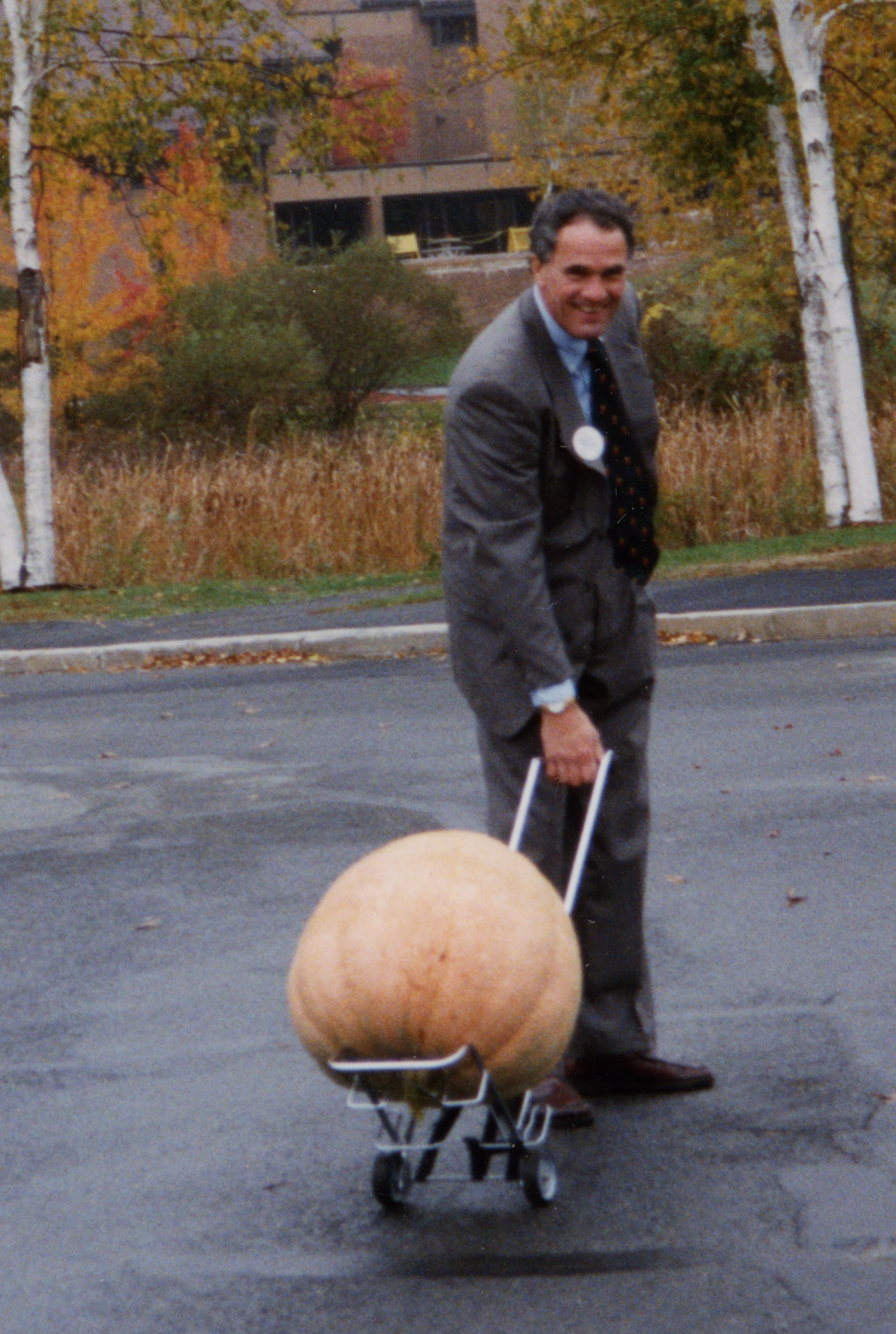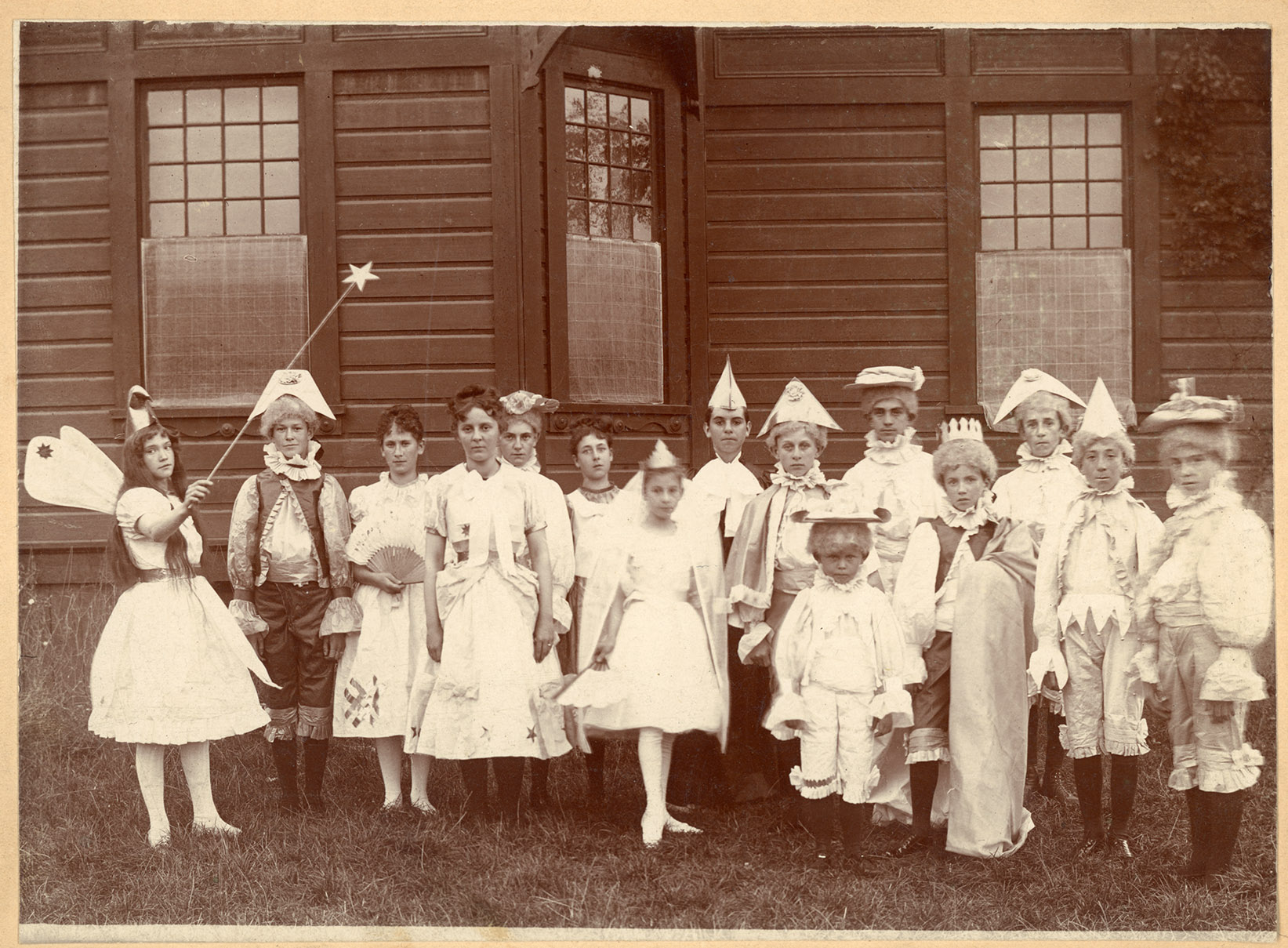Jonathan L. Healy Papers

Jonathan “Jay” Healy represented the 1st Franklin District in the Massachusetts House of Representatives from 1970 to 1993. A moderate Republican, Healy was born in Greenfield in 1945 and raised on a 500-acre farm in Charlemont. A recent graduate of Williams College, Healy ran for office for the first time in 1970, succeeding his own father, Winston Healy, defeating both his Democratic rival and a far right challenge from within his own party. His popularity over the succeeding years in a heavily Democratic district was rooted in his close attention to issues of local concern, particularly agriculture and dairying. When he left office in 1993, he was appointed state Commissioner of Food and Agriculture, where he remained until 2003.
Documenting the career of a Massachusetts Republican, the Healy Papers contain a small selection of constituents’ correspondence, press releases, and position papers, plus an excellent assortment of scrapbooks, news clippings, and photographs relating to his political career. Although the focus is largely on his time in the state house, there is some materials relating to his role as Commission of Food and Agriculture.

